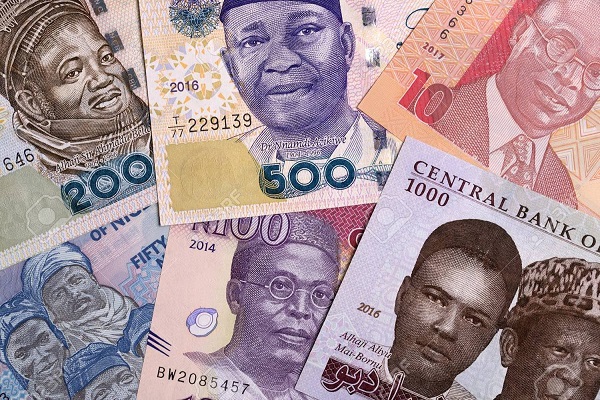
On August 30 (local time), CBN, the central bank of Nigeria, announced the launch of e-Naira, the Nigerian government digital currency, in partnership with fintech company Bitt.
CBN gave a presentation of the e-Naira project to its domestic banks, of which the e-Naira will become the Nigerian fiat currency, which can be considered as an interest-free central bank issued digital currency CDBC, limiting remittances not just 50,000 per customer. , and restrictions on transactions based on transaction amount.
In the presentation, the e-Naira structure was explained from the perspective of financial authorities, financial institutions, e-government, private companies, and consumers. First, the financial authorities said that CBN deals with the initial elements, including the issuance and distribution of currency, and the disposal of redemption. It stores data on a cloud server and monitors and analyzes currency transactions. Next, the licensed financial institution issues stablecoins, manages digital currency at the point of call request, and implements identity verification procedures and anti-money laundering. E-Government efficiently handles digital currency remittances by citizens and businesses. Next, private companies offer digital currency management software, such as low-cost software and business management software. Finally, consumers enjoy the benefits of a digital currency designed around the user.
The CBN governor explained why the introduction of CDBC will increase border trade, provide access to financial services for everyone, regardless of poverty and refugees, to make remittances easier, and social interventions at a lower cost. He also added that the digital currency will increase the efficiency of tax collection and payment systems, which will further stimulate financial policies.
Bit announced as a partner is a company headquartered in Barbados in the Caribbean, known as the company that developed the world’s first CDBC, DCash. CBN stated that the reason for choosing Bit was a result of considering technological competitiveness, efficiency, platform safety, interoperability, and implementation. e-Naira is expected to be announced by the end of 2021.
While Nigeria is rapidly operating a CDBC in Africa, negative views about digital currencies remain deeply rooted in the region. For example, the governor of the Central Bank of South Africa is of the view that crypto assets cannot be recognized as currency because they do not meet the three conditions required for a currency. The three conditions he identified are first, generally accepted currency, second, whether it is accepted as a method of accumulating value, and third, a measure of economic value. According to him, crypto assets can be exchanged for money, but they are only available to participants and do not satisfy the conditions. Related information can be found here.


















Add comment